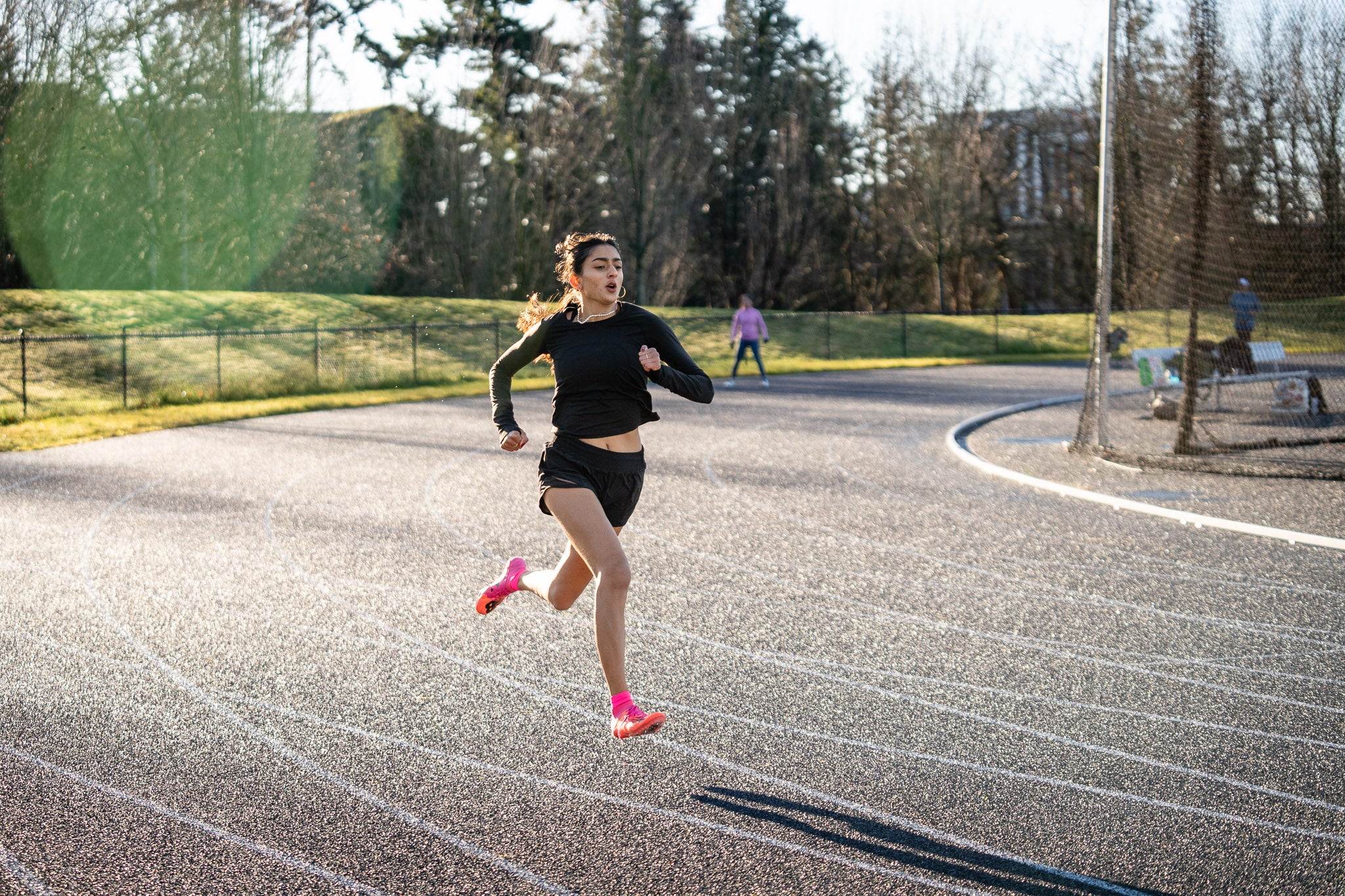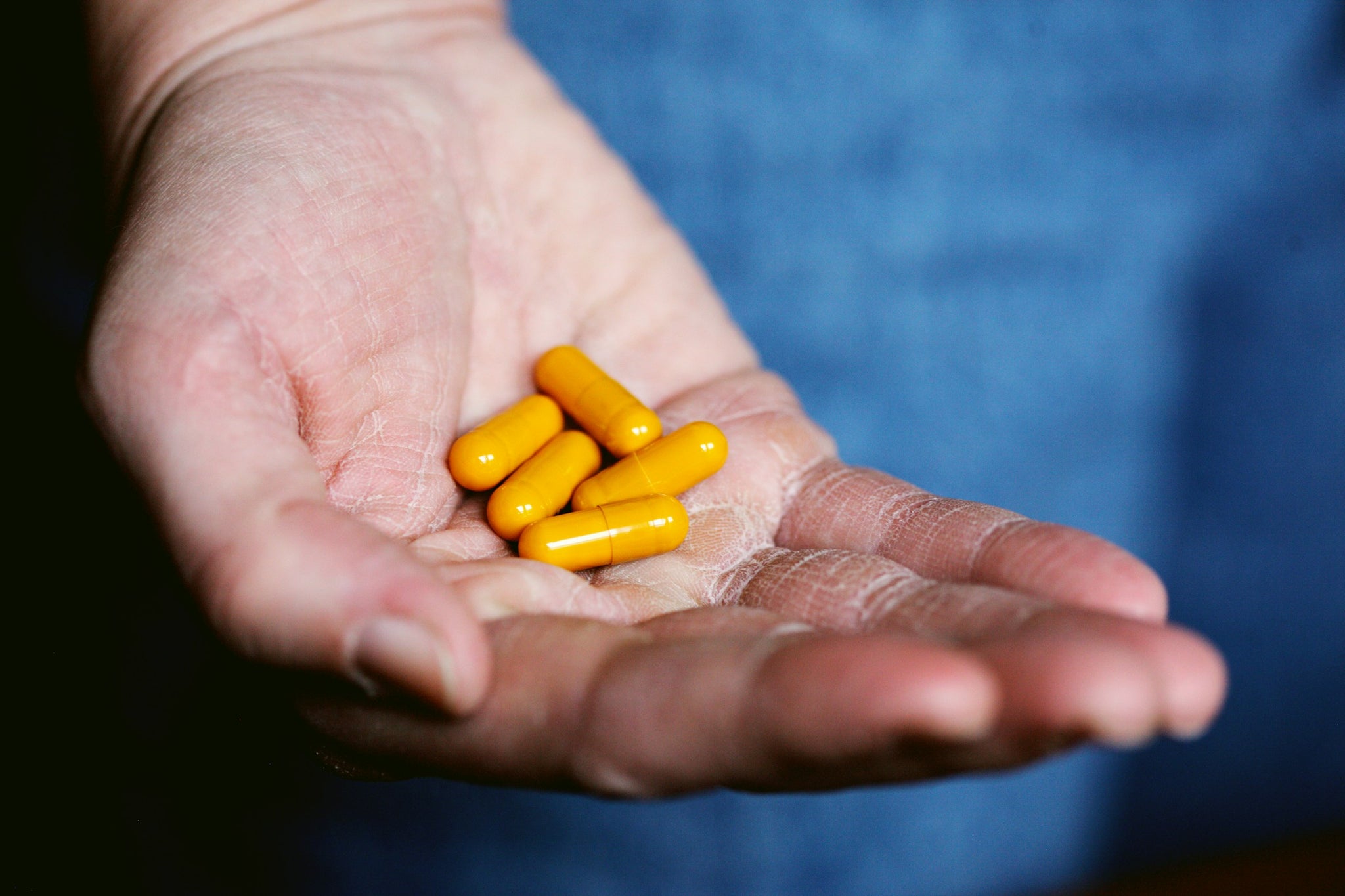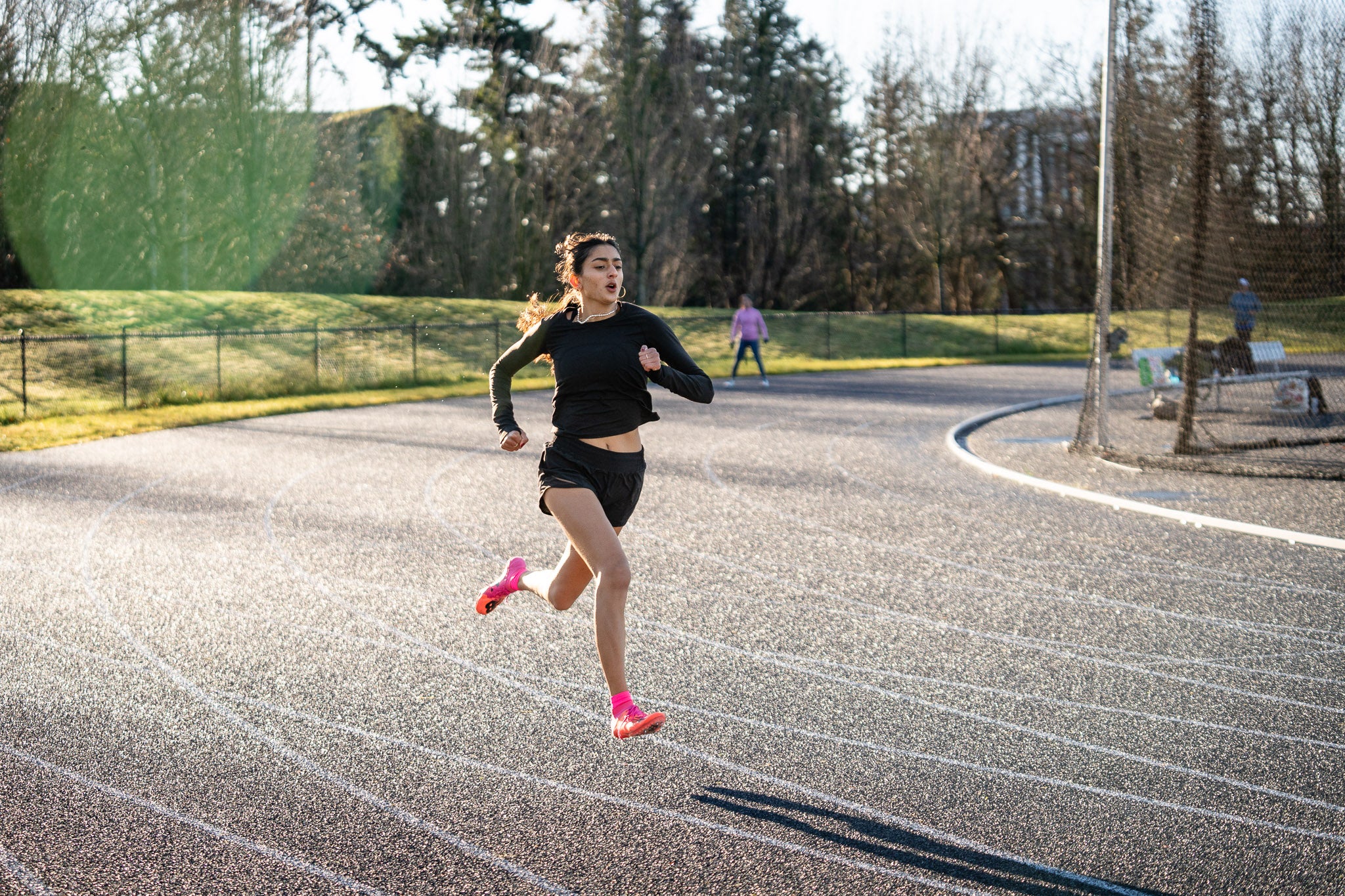Welcome to our weekly summary of the latest research from the world of sports science and nutrition.
Train hard!
How Whole Leg Compression Garments Influence Leg and Muscle Movement While Running
 This study investigated how wearing full-leg compression garments (CGs) affects the movements and muscle coordination of runners. Twelve male participants were observed running on a treadmill at 12 km/h, both with and without CGs. The results showed that wearing CGs led to greater straightening of the knee and less bending of the hip when the foot first hits the ground. Additionally, CGs increased the straightening of the knee during the part of the run when the foot is on the ground and reduced the bending and maximum backward movement of the hip, without altering ankle movements. The study also found that CGs changed the way muscle groups work together during running, suggesting that these garments modify muscle coordination. This research provides insight into the potential performance benefits of wearing compression garments by highlighting their impact on muscle coordination and running movements.
This study investigated how wearing full-leg compression garments (CGs) affects the movements and muscle coordination of runners. Twelve male participants were observed running on a treadmill at 12 km/h, both with and without CGs. The results showed that wearing CGs led to greater straightening of the knee and less bending of the hip when the foot first hits the ground. Additionally, CGs increased the straightening of the knee during the part of the run when the foot is on the ground and reduced the bending and maximum backward movement of the hip, without altering ankle movements. The study also found that CGs changed the way muscle groups work together during running, suggesting that these garments modify muscle coordination. This research provides insight into the potential performance benefits of wearing compression garments by highlighting their impact on muscle coordination and running movements.
Our thoughts: Ever wondered if and how leg compression kits like Normatech work? The science is limited, but this interesting study showed that using them changes your running biomechanics. Is this beneficial or not? We hope that the answer comes in a follow-up study.
Common Questions And Misconceptions About Caffeine Supplementation Answered
 This study addresses common questions and misconceptions about caffeine supplementation, revealing that moderate caffeine consumption does not significantly dehydrate you, can enhance fat oxidation during exercise, and improves both upper and lower body performance. While caffeine has mood-enhancing effects, excessive intake can exacerbate anxiety and disrupt sleep. The safety of caffeine is dose-dependent, with high doses being potentially lethal. Gender differences in caffeine metabolism exist, but the overall effects on performance and health are similar for both males and females. Overall, caffeine is safe when consumed in moderation and can have positive effects on exercise performance and mood.
This study addresses common questions and misconceptions about caffeine supplementation, revealing that moderate caffeine consumption does not significantly dehydrate you, can enhance fat oxidation during exercise, and improves both upper and lower body performance. While caffeine has mood-enhancing effects, excessive intake can exacerbate anxiety and disrupt sleep. The safety of caffeine is dose-dependent, with high doses being potentially lethal. Gender differences in caffeine metabolism exist, but the overall effects on performance and health are similar for both males and females. Overall, caffeine is safe when consumed in moderation and can have positive effects on exercise performance and mood.
Our thoughts: This is an excellent study carried out by the International Society of Sports Nutrition. They used science to answer just about every question athletes have ever asked about caffeine and performance, some of which include:
- Can too much caffeine kill you?
- Are there sex differences regarding caffeine’s effects?
- Does caffeine work for everyone?
- Is caffeine addictive?
- Does caffeine promote the loss of bone mineral?
The Effects of Curcumin on Functional Strength and Muscle Damage
 This study examined the effects of curcumin, a compound found in turmeric, on muscle strength, exercise-induced muscle damage, muscle soreness, and inflammation after physical activity. Researchers analyzed 16 studies and found that curcumin had no statistically significant impact on these measures. While some trends suggested that curcumin might reduce muscle soreness, the results were inconclusive. The study suggests that more research is needed to determine if curcumin can effectively aid in recovery from exercise.
This study examined the effects of curcumin, a compound found in turmeric, on muscle strength, exercise-induced muscle damage, muscle soreness, and inflammation after physical activity. Researchers analyzed 16 studies and found that curcumin had no statistically significant impact on these measures. While some trends suggested that curcumin might reduce muscle soreness, the results were inconclusive. The study suggests that more research is needed to determine if curcumin can effectively aid in recovery from exercise.Our thoughts: This detailed meta-analysis shows curcumin doesn't impact functional strength or reduce muscle damage. So, if you’re currently taking curcumin or thinking about it, you may want to consider saving your money.

